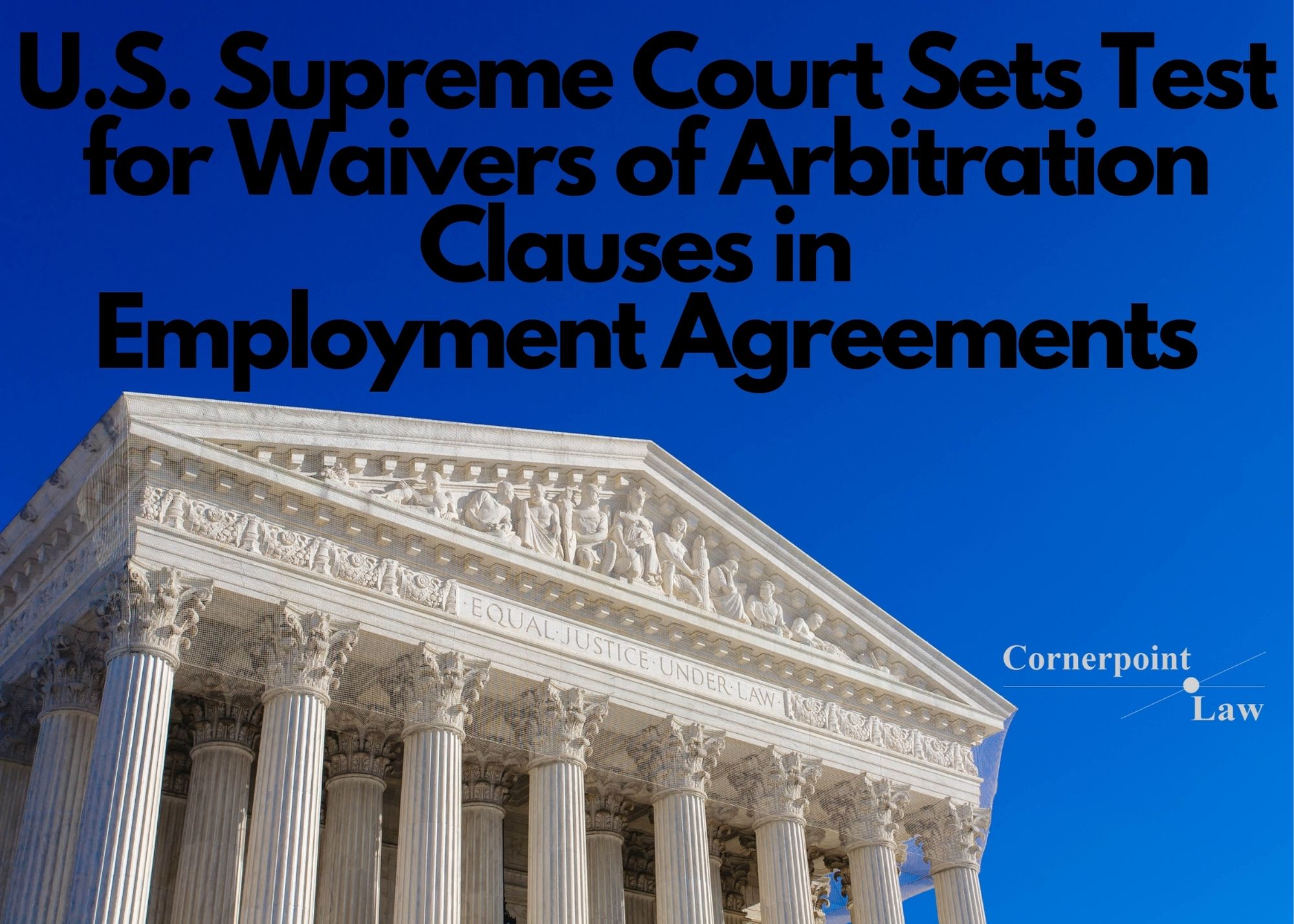The Playbook: Postgame Wrap-Up
August 12, 2016
Unauthorized use and/or duplication of blogposts without express and written permission is strictly prohibited. Excerpts and links may be used, provided that full and clear credit is given, and with appropriate and specific direction to the original content.
The author of this post can be reached by phone at 206-693-2718 or by email.
Legal Lessons Learned from Steve Sarkisian & USC
Part Five: Postgame Wrap-up
by Stacia Hofmann
Over the course of several months, I’ve blogged about the primary legal issues in the Steve Sarkisian vs University of Southern California employment discrimination and breach of contract case. Although Sarkisian’s claims (initially) took place on a public stage hundreds of miles away, the case provides Washington businesses with considerations for managing risks in an effort to avoid litigation.

- Employment contracts alter the status quo of employment being terminable at will. Agreements provide relative certainty as to the core components of employment: pay, length of service, termination, and other important terms and conditions. Washington employers can use employment contracts to entice and keep key employees, guaranteeing benefits and pay for a predetermined timeframe. However, as Sarkisian’s case demonstrates, employment agreements can also give rise to breach of contract litigation when the employee believes the employer failed to honor the agreement.
- An arbitration clause changes the venue of a dispute from a public court of law to a private forum. Arbitration costs may be more expensive than court costs, but arbitration can be more efficient and expedient than a jury trial. The terms for the arbitration have to be fair to both parties, and the employee must have a meaningful choice when entering into the agreement. The arbitration clause was a win for USC, as it kept the case (and any settlement or award) out of the news.
- Making adverse employment decisions because of an employee’s disability is prohibited. When an alcohol dependence disability is involved, the employer does not have to tolerate misbehavior arising out of the disability so long as it would also not tolerate the same or similar misbehavior of an employee without the disability. Still, the employer may have to make a reasonable accommodation for an employee with an alcohol dependence disability if the accommodation does not create an undue burden on the employer. USC and Sarkisian disputed whether Sarkisian was fired for misconduct, and whether Sarkisian requested a reasonable accommodation. Having clear policies and procedures regarding alcohol use and reasonable accommodation requests can help ensure that the employer does not discriminate against an employee because of an alcohol dependence disability.
- Finally, we can be certain that before USC fired Sarkisian, the school sought advice from its attorneys regarding the legal risks of doing so, including whether USC would be able to require arbitration, an estimate of attorneys’ fees, the likelihood that Sarkisian would prevail on his claims, and the monetary value of a settlement and award. The role of football as an income generator for USC cannot be ignored.1 USC must have calculated that any amount it might pay to oust Sarkisian before his contract ended was less than it would lose in direct revenue, alumni donations, future athletic talent, and other goodwill with Sarkisian at the helm. Risk management involves not only a weighing of financial costs and benefits, but also an analysis of long-term strategy. USC presumably wanted to move in a new direction, and was willing to pay the price to do so.
This blog is for informational purposes only and is not guaranteed to be correct, complete, or current. The statements on this blog are not intended to be legal advice, should not be relied upon as legal advice, and do not create an attorney-client relationship. If you have a legal question, have filed or are considering filing a lawsuit, have been sued, or have been charged with a crime, you should consult an attorney. Furthermore, statements within original blogpost articles constitute Stacia Hofmann’s opinion, and should not be construed as the opinion of any other person. Judges and other attorneys may disagree with her opinion, and laws change frequently. Neither Stacia Hofmann nor Cornerpoint Law is responsible for the content of any comments posted by visitors. Responsibility for the content of comments belongs to the commenter alone.




